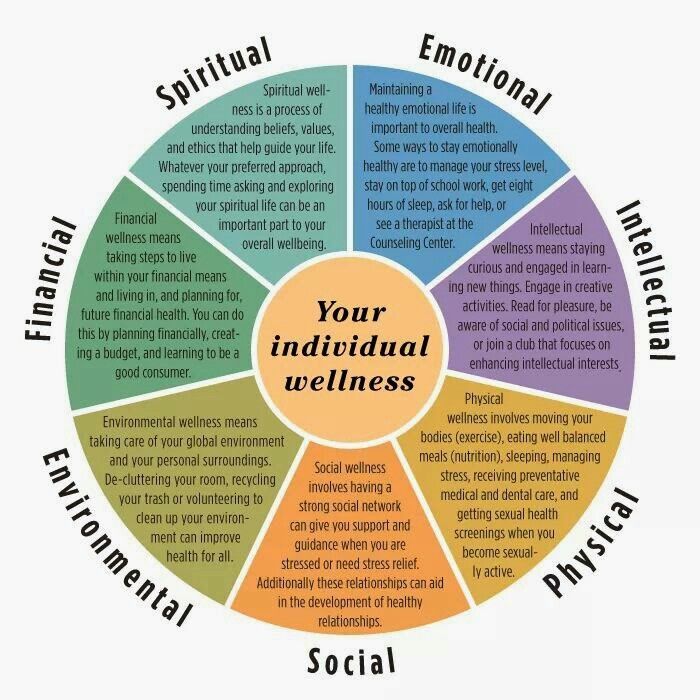In today’s fast-paced, demanding world, it is essential to prioritize our mental health. Achieving a balanced life is not only crucial for our well-being but also for our overall happiness and success. This article will provide valuable tips and strategies to maintain good mental health.
1. Practice Self-Care
Self-care is the foundation of a healthy mind and body. Make time for activities that bring you joy and relaxation, such as reading, exercising, practicing mindfulness, or pursuing a hobby. Taking care of yourself allows you to recharge and reduce stress levels.
2. Maintain a Healthy Lifestyle
Physical well-being is closely linked to mental health. Ensure you engage in regular exercise, eat a balanced diet, and get enough sleep. Avoid excessive consumption of alcohol, nicotine, or caffeine as they can negatively impact your mental state.
3. Connect with Others
Building and nurturing strong relationships is vital for mental well-being. Surround yourself with supportive and positive people who lift you up. Regularly spend time with loved ones, engage in meaningful conversations, and cultivate empathy and emotional connections.
4. Manage Stress
Stress is a normal part of life, but excessive stress can harm mental health. Establish effective stress management techniques such as deep breathing exercises, practicing yoga or meditation, or engaging in activities that bring you peace and relaxation.
5. Set Realistic Goals
Setting achievable goals helps provide structure and motivation in life. However, it is essential to set realistic expectations. Break larger goals into smaller, manageable tasks, and celebrate each milestone you accomplish. This approach helps maintain a positive mindset and prevents feeling overwhelmed.
6. Establish Boundaries
Learning to say no and setting boundaries is crucial for a balanced life. Overcommitting and stretching yourself too thin can lead to burnout and affect your mental well-being. Understand your limits, prioritize your needs, and communicate assertively when necessary.
7. Practice Gratitude
Cultivating a mindset of gratitude has a profound impact on mental health. Regularly take a moment to acknowledge and appreciate the things you are grateful for. This simple practice trains your mind to focus on positivity, reduces stress, and enhances overall well-being.
8. Seek Professional Help
If you are experiencing persistent mental health issues, do not hesitate to seek professional help. Mental health professionals can provide guidance, therapy, and medication if necessary. Remember, reaching out for help is a sign of strength, and it can significantly improve your quality of life.
Conclusion
Prioritizing mental health is essential for a balanced life. By practicing self-care, maintaining a healthy lifestyle, fostering connections, managing stress, setting realistic goals, establishing boundaries, practicing gratitude, and seeking professional help when needed, you can enhance your mental well-being and enjoy a fulfilled life. Take care of your mind, and your overall quality of life will improve.

